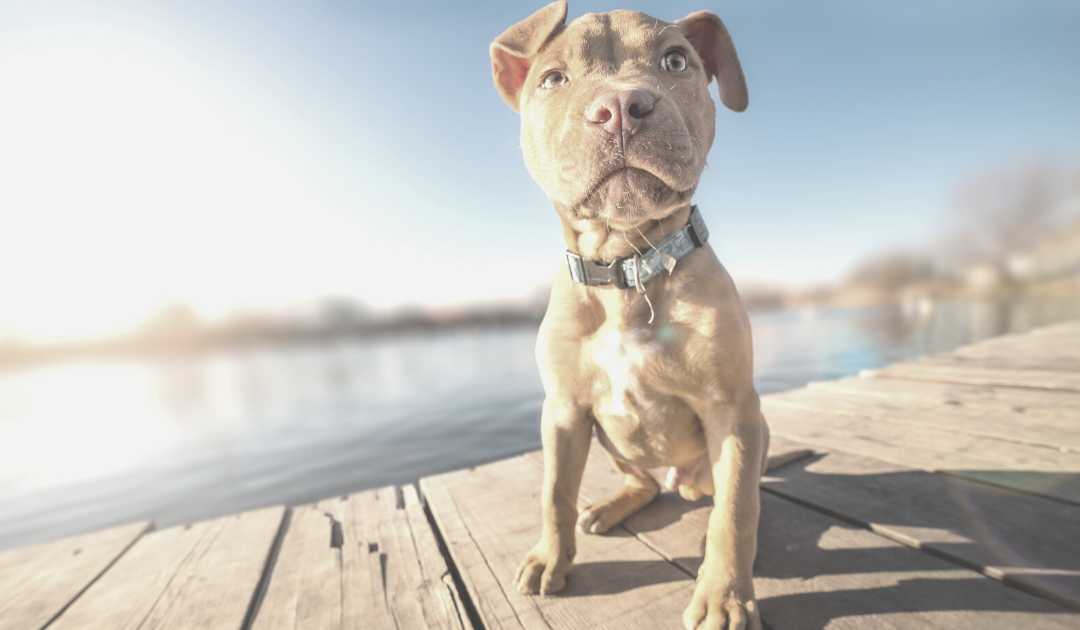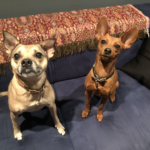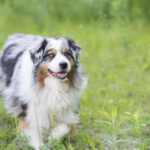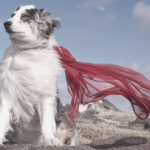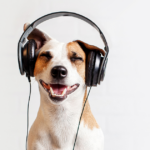Puppies are a regular part of my job as a dog trainer, and whenever I talk with a new puppy parent, I ask what their specific goals are. More often than not, they reply, “Oh you know, the basics: sit, down, stay, come.” While I do love an enthusiastic client wanting to address manners and obedience, I always think, what’s the rush? A new puppy has been in his new family for a very short period. Do we really want to kick-start this new relationship by focusing on laying down the laws? Society used to teach us that we are “good dog parents” if our dog is well-mannered, obedient and doesn’t react. And while I do see the allure of a well-behaved, semi-robotic dog, and don’t disagree that dogs need our help to learn manners and how to behave in our world, the key thing is timing: when to do this.
… while I do see the allure of a well-behaved, semi-robotic dog, and don’t disagree that dogs need our help to learn manners and how to behave in our world, the key thing is timing: when to do this.
The puppy period is such a fleeting part of your new dog’s life; you blink, and you miss it. I propose that we rearrange our priorities and set the obedience training aside…for now. This is because, contrary to popular belief, you CAN teach an old dog new tricks, and we have more pressing, time-sensitive agenda items. Puppyhood should be filled with exploration, play, excitement, treats, making friends and teaching your puppy about all the good stuff life has to offer.
Here is how I recommend new pup parents prioritize to get the most out of this important period.
Bonding and relationship building
Set yourself up for success before you even bring your puppy home! Take the time to learn about canine body language so you can better understand what your puppy is ‘saying’, after all nobody enjoys a one-sided conversation. Once your puppy is home, spend time learning who he is, what he does and doesn’t like, what motivates him, and how he likes to play and have fun. Observe your puppy as he plays, explores and interacts with others. Come up with proactive strategies for how you will prevent your puppy from engaging in behaviours that you don’t like, and keep the entire family on the same page. Having a plan in place will help prevent problem behavior from occurring and allow everyone to interact with your puppy respectfully.
Establish a routine – predictability can be comforting to our dogs (and us!). Establish a regular feeding schedule, incorporate regular exercise, and a consistent bedtime. Don’t live and die by your routine as flexibility is important as well, but when a puppy has a general idea of how the day is going to progress it can help him transition from one activity to the next.
Observe your puppy as he plays, explores and interacts with others.
Socialization
A puppy’s critical period of socialization has already started by the time he enters your home, so the clock is ticking! This window closes at around 14-16 weeks. This does not mean that later socialization efforts are wasted, but it does mean it’s an uphill climb from there so take advantage of the socialization window. Proper socialization should be done at your puppy’s pace and following his lead (your body language knowledge will serve you well with this!). I encourage you to expose your puppy to some form of novelty daily during the socialization period: he should meet new people, other puppies and friendly adult dogs, go to new places, and experience new sights and sounds. This is a valuable but time-intensive priority – all the more reason to temporarily shelve lofty obedience goals! Along with meeting people of various ages, other dogs/pets and new environments, focus on body handling: teach him that being handled and gently restrained are safe and mean he will get treats. Keep close watch of your puppy’s body language to ensure that the socialization experience is positive for him. If his signals suggest otherwise, back off and do something easier.
I encourage you to expose your puppy to some form of novelty daily during the socialization period: he should meet new people, other puppies and friendly adult dogs, go to new places, and experience new sights and sounds.
Housetraining
House training is often best accomplished in conjunction with some form of confinement training to assist in your management efforts. Start early to teach your puppy that his crate or pen is safe and a place where treats and chewies happen, always making sure to go at his pace. Build up alone time very gradually.
When potty training, our goal is to teach him where to eliminate (read: treats and puppy potty parties!). It shouldn’t be to catch him making mistakes and reprimanding him. All a puppy learns when scolded for having an accident is that mom or dad is scary when he needs to pee, which is only going to hinder your potty-training efforts. Instead, prevent mistakes from occurring whenever possible. This is where our confinement area will come into play. Confinement encourages your puppy to ‘hold it’ until he has access to the proper bathroom spot again, where you can reward him for getting it right. I would consider a puppy ‘potty trained’ when you have had no accidents for at least three weeks, and at this time you can start to loosen up on your management and give your puppy a bit more freedom.
Final Thoughts
So the bottom line is to shift your approach from an obedience focus to building a rich foundation for your relationship with your puppy and showing him that the world is safe. You will be able to teach him sit through to stay, but do it a little later. Your immediate priority is to take full advantage of this finite socialization period. This way you’ll have a happy, eager, and confident dog participating in these later training sessions.
Vanessa Charbonneau is the author of Dog Care for Puppies: A guide to Feeding, Playing, Grooming and Behavior. She owns Sit Pretty Pet Services, employing force-free training techniques to work with companion dogs and their owners. Charbonneau lives in Prince George, BC with her husband, two daughters, and one dog.
